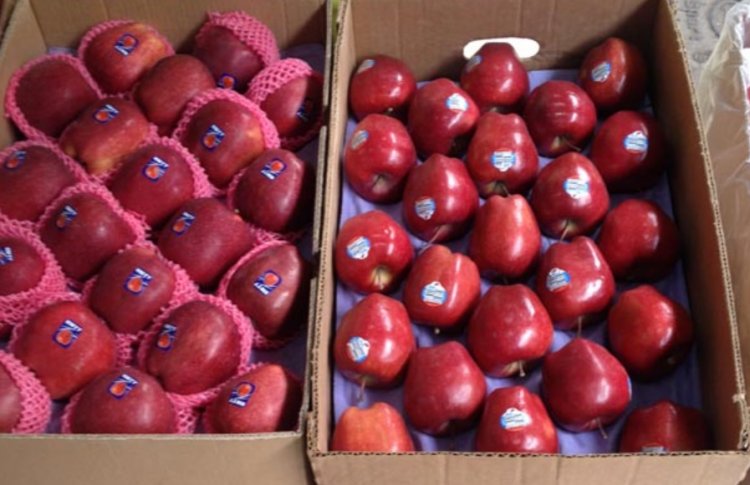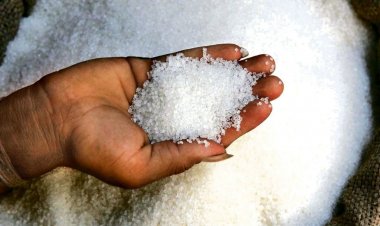Indian Apple Industry Losing its Shine as Imports Surge by 33 percent
India primarily imports apples from Iran, Turkey, Italy, South Africa, New Zealand, and the United States. Imports from these countries have seen a considerable rise in recent years.

The Indian apple industry is grappling with significant challenges due to the influx of imported apples. The industry has been declining steadily, as evidenced by a 33.98 percent increase in apple imports during 2023-24. According to the Agricultural and Processed Food Products Export Development Authority (APEDA), India imported 5.1 lakh tonnes of apples in 2023-24, up from 3.7 lakh tonnes in 2022-23.
Major Sources of Imported Apples
India primarily imports apples from Iran, Turkey, Italy, South Africa, New Zealand, and the United States. Imports from these countries have seen a considerable rise in recent years. For instance, apple imports from Iran reached 1.37 lakh tonnes in 2023-24, a 71.77 percent increase from 80,346 tonnes in 2022-23. Similarly, imports from Turkey rose by 9 percent, amounting to 1.17 lakh tonnes in 2023-24 compared to 1.07 lakh tonnes in 2022-23.
Surge in Apple Imports from Afghanistan
Apple imports from Afghanistan have surged dramatically by 2400 percent. In 2022-23, India imported 1,508 tonnes of apples from Afghanistan, which skyrocketed to 37,837 tonnes in 2023-24. Additionally, apple imports from Poland stood at 33,409 tonnes in 2023-24, up from 26,323 tonnes in 2022-23. Imports from South Africa increased to 27,738 tonnes in 2023-24 from 19,256 tonnes in 2022-23, while imports from the US rose to 20,540 tonnes in 2023-24 from 4,486 tonnes in 2022-23.
Impact of Foreign Apples on the Indian Market
Currently, imported apples to India face a 50 percent import duty, reduced from the previous 75 percent in June 2023. There is now a demand to increase this duty to 100 percent. Harish Chauhan, President of the Himachal Pradesh Fruit and Vegetable Producers Association, explained to Rural Voice that foreign apples are cheaper than Indian ones, leading to reduced demand and lower prices for domestic apples. Orchardists have long been advocating for a 100 percent import duty, but their demands have yet to be met, resulting in significant losses for thousands of orchardists in Himachal and Jammu and Kashmir.
Chauhan noted that many orchardists store their apples in cold storage after the season, hoping to sell them later at higher prices. However, the availability of cheaper foreign apples prevents them from achieving profitable sales, leaving them with unsold stock from the previous year. This situation has decreased the demand for new apples from Himachal and Jammu and Kashmir. Furthermore, this year's reduced rainfall and fungal diseases have affected apple production in Himachal, exacerbating the challenges faced by orchardists. If these conditions persist, the demand for apples may continue to decline, leading to further financial losses for the orchardists.



 Join the RuralVoice whatsapp group
Join the RuralVoice whatsapp group







































